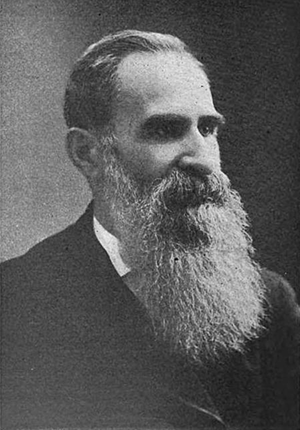Summary
Reynolds was decided in a time of westward expansion and the growth of the Mormon Church, particularly in Utah. The question raised was whether sincere religious beliefs exempted a practicing member of the Mormon Church from the laws against polygamy. The case was the first time the Supreme Court addressed the meaning of free exercise of religion. The Court also expressed its view that civil society may legitimately regulate marriage, which it argued was the foundation of social relations.






